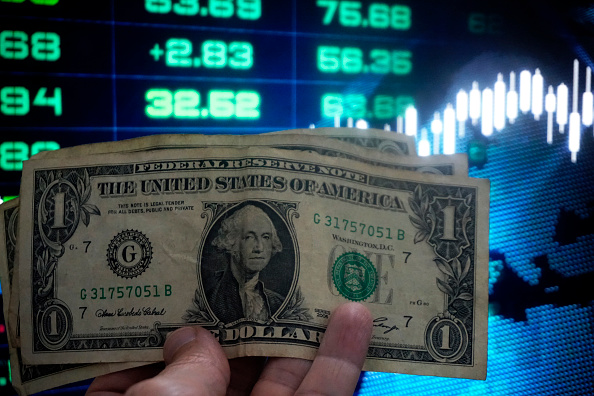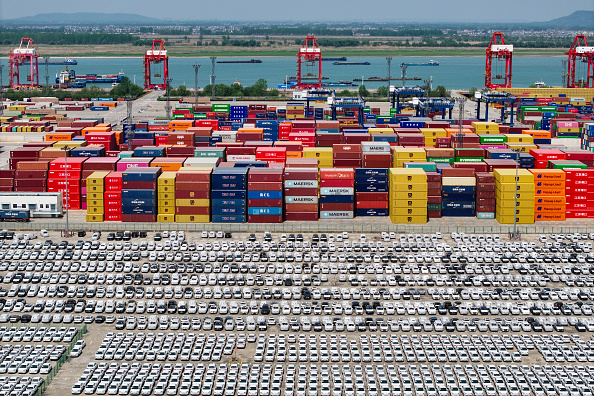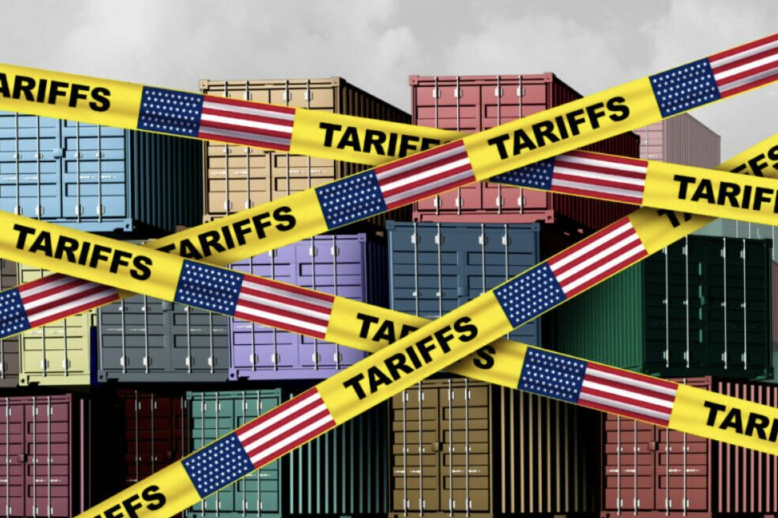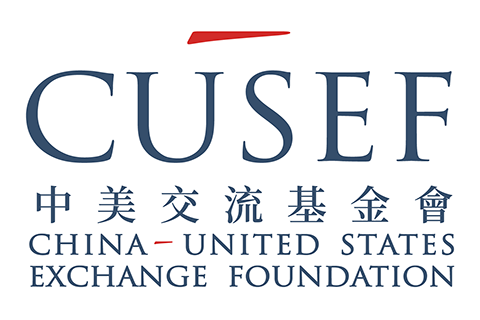
Dear Focus Reader,
This week, the Trump administration intensified its trade offensive against China, implementing tariffs that cumulatively reach up to 245% on certain Chinese imports. This escalation comprises a 125% reciprocal tariff, a 20% levy addressing the fentanyl crisis, and Section 301 tariffs ranging from 7.5% to 100% on specific goods. The administration also released an updated list of over 1,000 product exemptions to mitigate domestic economic impacts.
China has maintained its tariffs on U.S. goods at 125% and dismissed the U.S. tariff strategy as a "numbers game," indicating a reluctance to engage further on this front.
Chinese President Xi Jinping also concluded a diplomatic tour of Southeast Asia, visiting Vietnam, Malaysia and Cambodia from April 14 to 18, as part of efforts to strengthen economic ties amid U.S. tariff tensions. During these visits, Xi emphasized China's reliability as an economic partner and criticized protectionist policies. In Cambodia, the two countries signed 37 agreements covering various sectors, including finance, health, and infrastructure. Notably, China pledged investment in the $1.156 billion Funan Techo Canal project.
China is actively lobbying other nations as well, especially in the Global South and Southeast Asia, to resist U.S. tariff policies. Additionally, the Chinese government plans to convene an informal United Nations Security Council meeting on April 23 to directly address U.S. economic measures, stating Trump is "casting a shadow over the global efforts for peace and development" by weaponizing tariffs.
Simultaneously, the European Union and China are continuing to work to recalibrate their relationship. European Commission President Ursula von der Leyen and Chinese Premier Li Qiang recently met to discuss tariffs and announced a forthcoming EU-China Summit in July, marking the 50th anniversary of diplomatic ties.
Learn more by catching up on our latest Focus content, including articles on the state of the U.S. dollar, how tariffs are impacting the Chinese economy, and lessons from past wars.
The percentage increase in active American users on RedNote since December — despite a dip from its January peak, the platform continues to grow and remains a rare space for digital exchange between U.S. and Chinese users.
Read more in "Digital Opportunities Streaming Across the Pacific" by Mark Witzke, an analyst and nonresident scholar at the UC San Diego 21st Century China Center.
Skiing in China | Kyle Obermann
Watch VideoIn our Focus Insights section, we featured an article by Chaminade University political economy professor Christopher A. McNally, where he discusses rising global doubts about the U.S. dollar amid debt, inflation, and political instability.
We want to hear from you!
Have recent political and economic developments in the U.S. impacted global trust in the dollar?
Submit your thoughts to USeditor@chinausfocus.com for a chance to be featured in next week's Focus This Week.
useditor@chinausfocus.com for more info.
Prepared by China-US Focus editorial teams in Hong Kong and New York, this weekly newsletter offers you snap shots of latest trends and developments emerging from China and the U.S. every week. It is a community space to exchange thoughts and ideas about the China-U.S. relationship and beyond.
- 2025-04-11 Focus This Week: Beijing Strikes Back
- 2025-04-04 Focus This Week: Tariff Turmoil
- 2025-03-28 Focus This Week: Navigating Uncertainty
- 2025-03-21 Focus This Week: Driving Diplomacy
- 2025-03-14 Focus This Week: Two Sessions Wrapped
- 2025-03-07 Focus this Week: Setting the Agenda
- 2025-02-28 Focus This Week: A Dramatic Shift
- 2025-02-21 Focus This Week: Straining Ties
- 2025-02-14 Focus This Week: Deals and Defense
- 2025-02-07 Focus This Week: The Saga Continues
- 2025-01-31 Focus This Week: Tariffs and Tech
- 2025-01-24 Focus This Week: A New Era
- 2025-01-17 Focus This Week: Refuge on RedNote
- 2025-01-10 Focus This Week: Learning From Legacy
- 2024-12-20 Focus this Week: New Hope for TikTok
- 2024-12-13 Focus This Week: Reinforcing Ties
- 2024-12-06 Focus This Week: Global Uncertainty
- 2024-11-22 Focus This Week: Diplomatic Shifts




